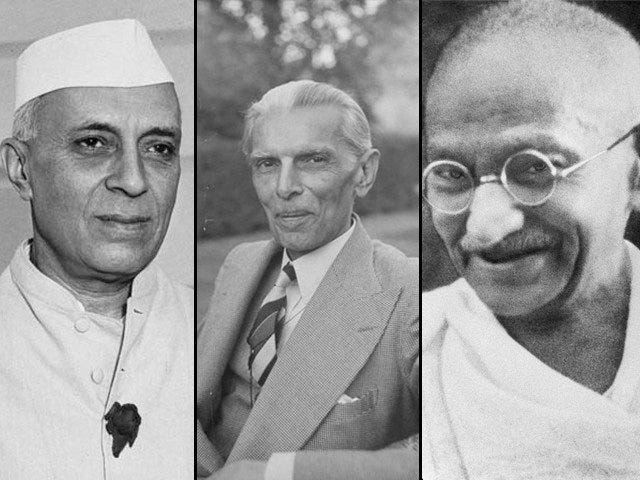The Unseen Hand: Role of Congress in Communal Politics
The Indian National Congress (INC) is widely known as the party that led the Indian independence movement against British colonial rule. However, its history is not without controversy, especially when it comes to its treatment of the Hindu population in India. This blog post will delve into the INC's role in marginalizing Hindus in India and the impact it had on the country's political landscape.
During the pre-independence era, the INC was dominated by leaders such as Mahatma Gandhi, Jawaharlal Nehru, and Mohammad Ali Jinnah. While these leaders played an instrumental role in India's freedom struggle, their actions also contributed to the marginalization of the Hindu population.
One of the most prominent examples of the INC's bias towards Muslims was the Lahore Resolution of 1940, which called for the creation of a separate Muslim state in India. The resolution was supported by the Muslim League, but it also received significant backing from within the INC. This move was seen as a direct attack on the Hindu population, as it threatened to break up India along religious lines.
According to historian K.N. Panikkar, "The Lahore Resolution was a turning point in India's political history, as it marked the beginning of a divisive and communal approach to politics." (Panikkar, 1969)
Following India's independence in 1947, the INC continued to play a dominant role in the country's politics. However, its policies towards the Hindu population remained questionable. One of the most significant examples of this was the implementation of the Reservation System, which was introduced to ensure social and economic justice for historically marginalized communities.
While the Reservation System was intended to benefit all marginalized groups, it soon became clear that it was being used to appease the Muslim community. This was done by reserving a significant number of seats in government jobs and educational institutions for Muslims, even though they were not considered to be historically disadvantaged.
According to political scientist Christophe Jaffrelot, "The Reservation System was supposed to be a tool for social justice, but it became a means of appeasement politics, with the Muslim community being the primary beneficiary." (Jaffrelot, 2004)
The INC's policies towards the Hindu population have had a significant impact on India's political landscape. They have contributed to a growing sense of disillusionment among the Hindu community, who feel that their concerns and issues are being ignored in favor of minority appeasement.
This sense of marginalization has led to the rise of Hindu nationalist parties, such as the Bharatiya Janata Party (BJP), who have capitalized on the growing frustration among the Hindu population. The BJP has been able to tap into the Hindu pride and sentiment that was long ignored by the INC.
The Indian National Congress played a significant role in India's freedom struggle, but its policies towards the Hindu population have been questionable at best. The party's bias towards Muslims and its neglect of the Hindu population have contributed to a growing sense of marginalization among Hindus in India. The impact of this marginalization can be seen in the rise of Hindu nationalist parties, which have been able to capitalize on the frustration of the Hindu community. It is important for political parties to address the concerns of all communities in India, and not just those of one particular group.



Comments
Post a Comment